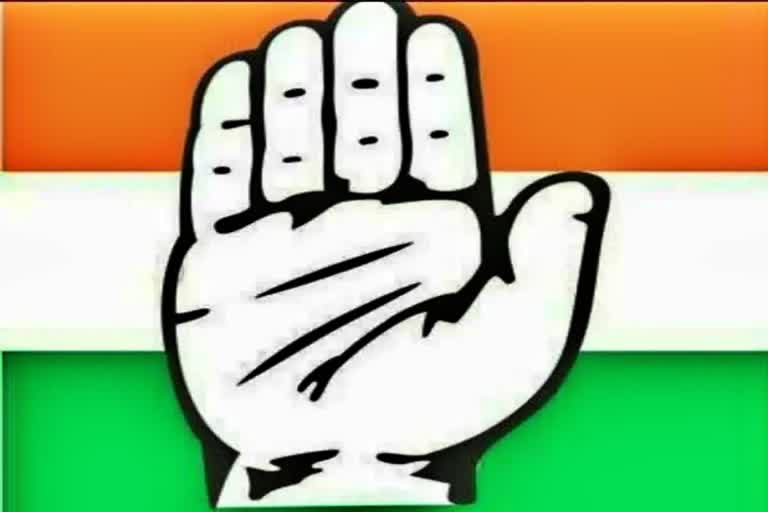New Delhi: The Congress on Saturday asserted that the only way to comprehensively investigate the Adani issue is through a Joint Parliamentary Committee (JPC) with appropriate powers as any other panel will be reduced to an "exercise in legitimation and exoneration".
The Opposition party's assertion came a day after Home Minister Amit Shah said that anyone who has evidence of wrongdoing in the matter is free to submit it to the Supreme Court-appointed expert committee.
The Congress has been persistent on its attack on the government weeks after Adani Group stocks took a beating on the bourses after US-based short seller Hindenburg Research made a litany of allegations, including fraudulent transactions and share-price manipulation.
The Gautam Adani-led group has dismissed the charges as lies, saying it complies with all laws and disclosure requirements. Posing a set of three questions to Prime Minister Narendra Modi as part of the party's "Hum Adani ke Hain Kaun" series, Congress general secretary Jairam Ramesh referred to Shah's remarks and underlined that the mandate of the Supreme Court-appointed committee is to provide an overall assessment of the situation including the relevant causal factors which have led to the volatility in the securities market in the recent past.
The panel's mandate is to suggest measures to strengthen investor awareness, investigate whether there has been regulatory failure in dealing with the alleged contravention of laws pertaining to the securities market in relation to the Adani Group or other companies, to suggest measures to strengthen the statutory and/or regulatory framework, and secure compliance with the existing framework for the protection of investors, Ramesh said.
"Clearly, the expert committee's mandate excludes the main charge against you: that you have sought to enrich your close friend and financier Gautam Adani at any cost," Ramesh said, addressing the prime minister.
The expert committee has no formal jurisdiction over investigations by SEBI and any other investigative agency and it lacks the power to enforce summons, to compel the production of evidence or to cross-examine witnesses, and statements before it do not have the same force in terms of evidentiary value as a court of law, Ramesh said.
